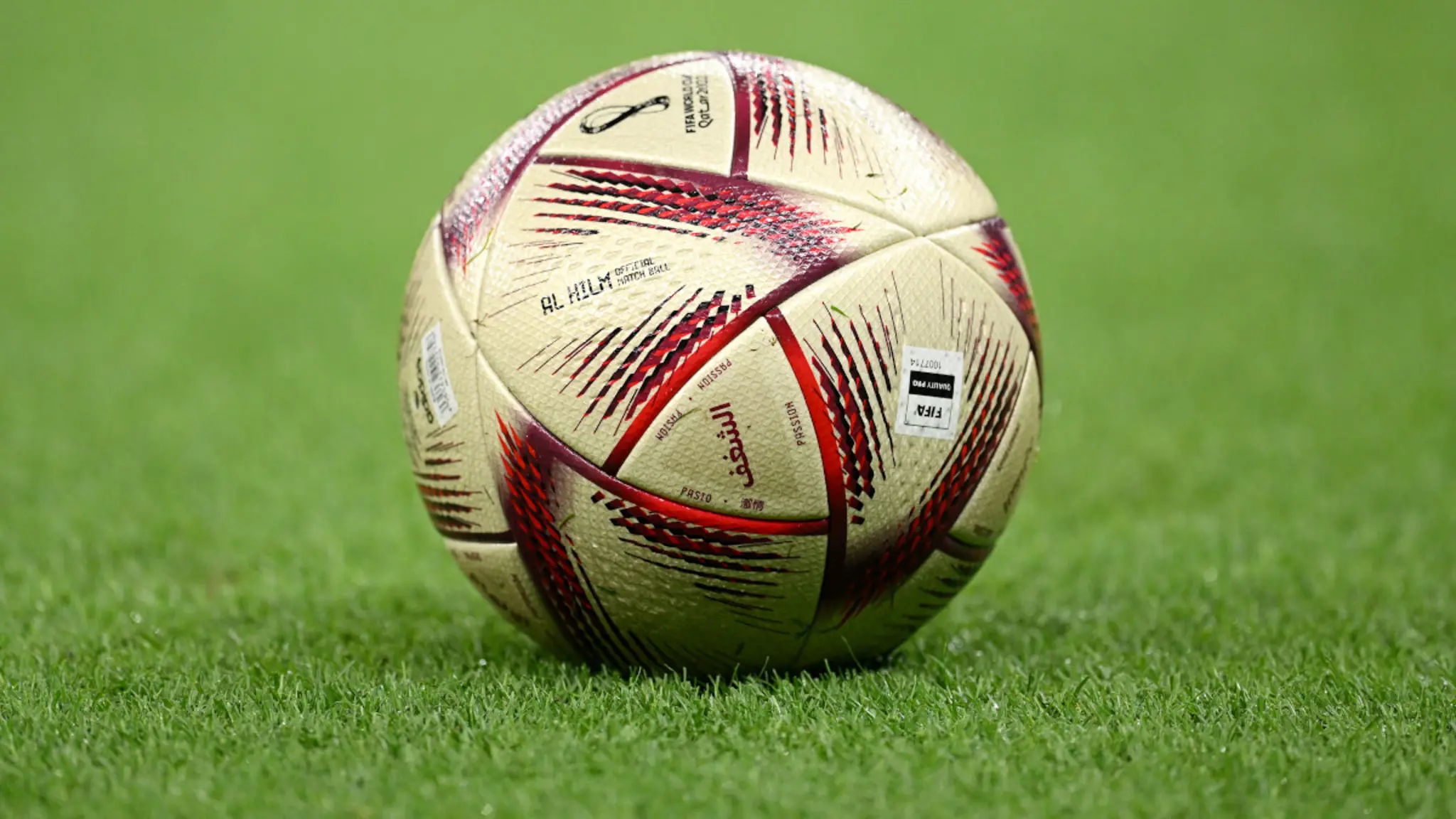Advertisement
Eritrea pulls team from World Cup qualifiers

Eritrea has withdrawn its national men's team from next week's World Cup qualifiers, the global football governing body Fifa said, without giving further details.
The country, which has been blocked from African football competitions in the past because players would often flee while abroad, is considered among the most repressive countries on earth.
The unranked minnows were due to meet World Cup history makers Morocco in a Group E match on November 16.
"Fifa and CAF can confirm that the Eritrean National Football Federation has withdrawn from the Fifa World Cup 2026 preliminary competition," Fifa said in a statement late Friday.
The group will now be contested by the five remaining teams including Zambia, Congo, Tanzania and Niger.
"All of Eritrea's matches have been cancelled, while the rest of the match schedule for Group E remains unchanged," Fifa said.
Both Eritrea's men's and women's national football teams are not ranked on Fifa's standing "due to not having played at least one match during the last 48 months".
Eritrea's last international kick of a ball was a friendly match against Sudan in January 2020, which they lost 1-0 at home.
Their most recent competitive games were in 2019 during the regional CECAFA Challenge Cup. Five footballers went missing in Uganda during the 2019 tournament, their fate is unknown to this day.
Eritreans are one of the world's largest group of refugees, fleeing a repressive nation which restricts foreign travel and forces its citizens into indefinite military service.
In 2015 Botswana granted asylum to 10 Eritrean footballers who had refused to return home after a match against the national team.
In 2012, 18 Eritrean players claimed asylum in Uganda after a match there. Another six fled while in Angola in 2007 and 12 more did the same in Kenya in 2009.
The impoverished Horn of Africa nation has been ruled by one man, authoritarian President Isaias Afwerki since its formal declaration of independence in 1993.
It is a "one-man dictatorship" with no legislature, no independent civil society organisations and no independent judiciary, according to the Human Rights Watch.
Advertisement